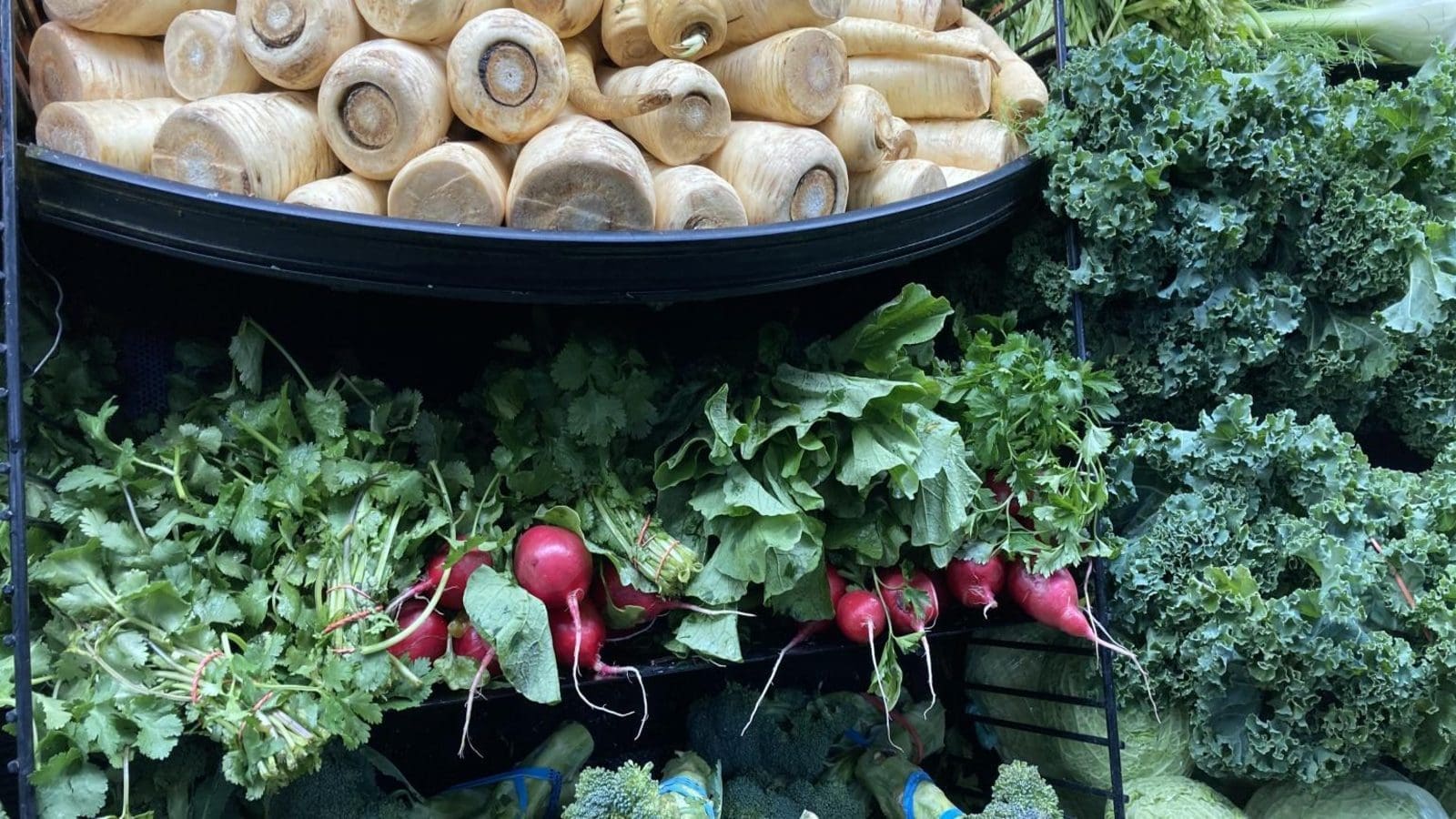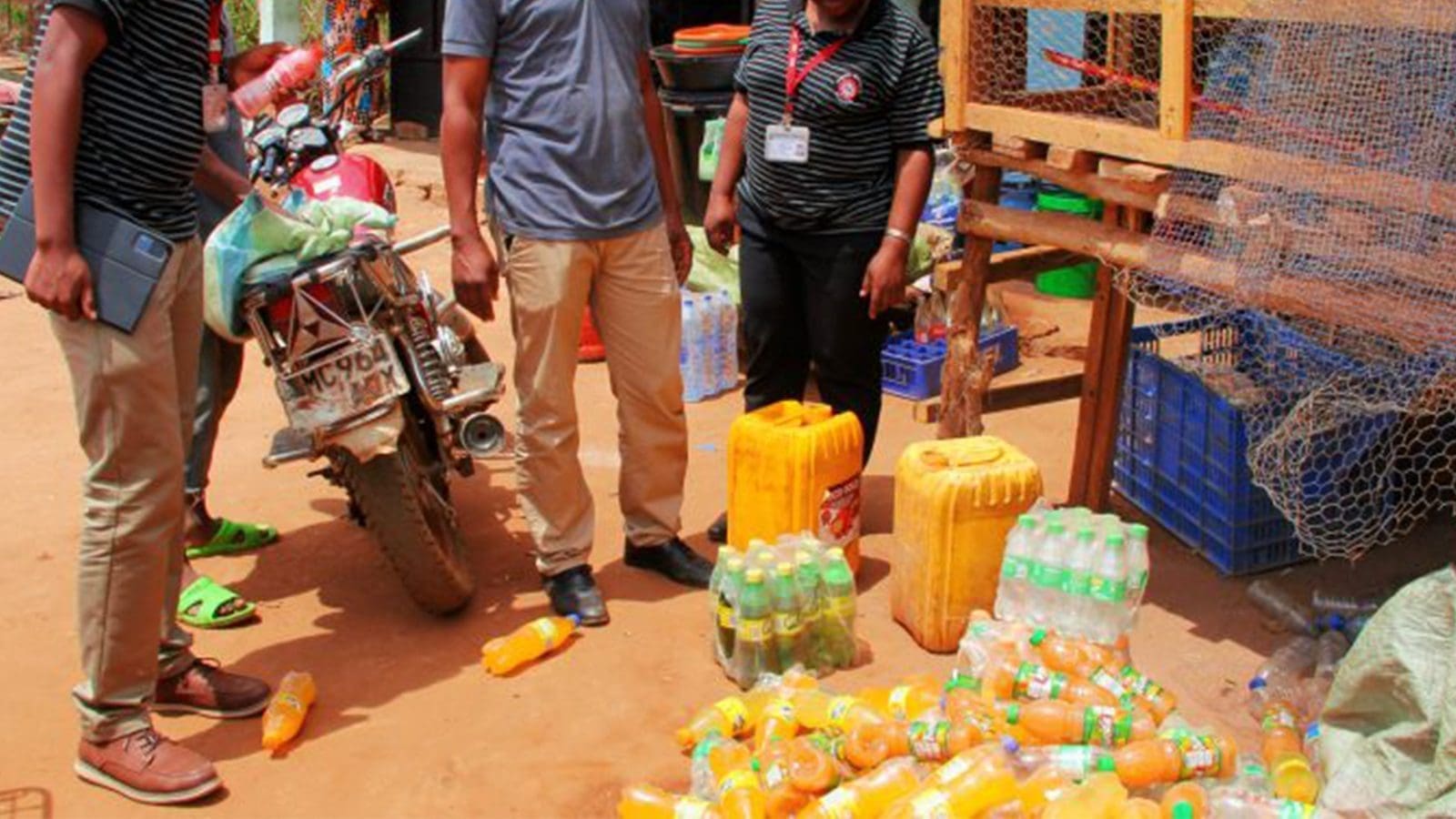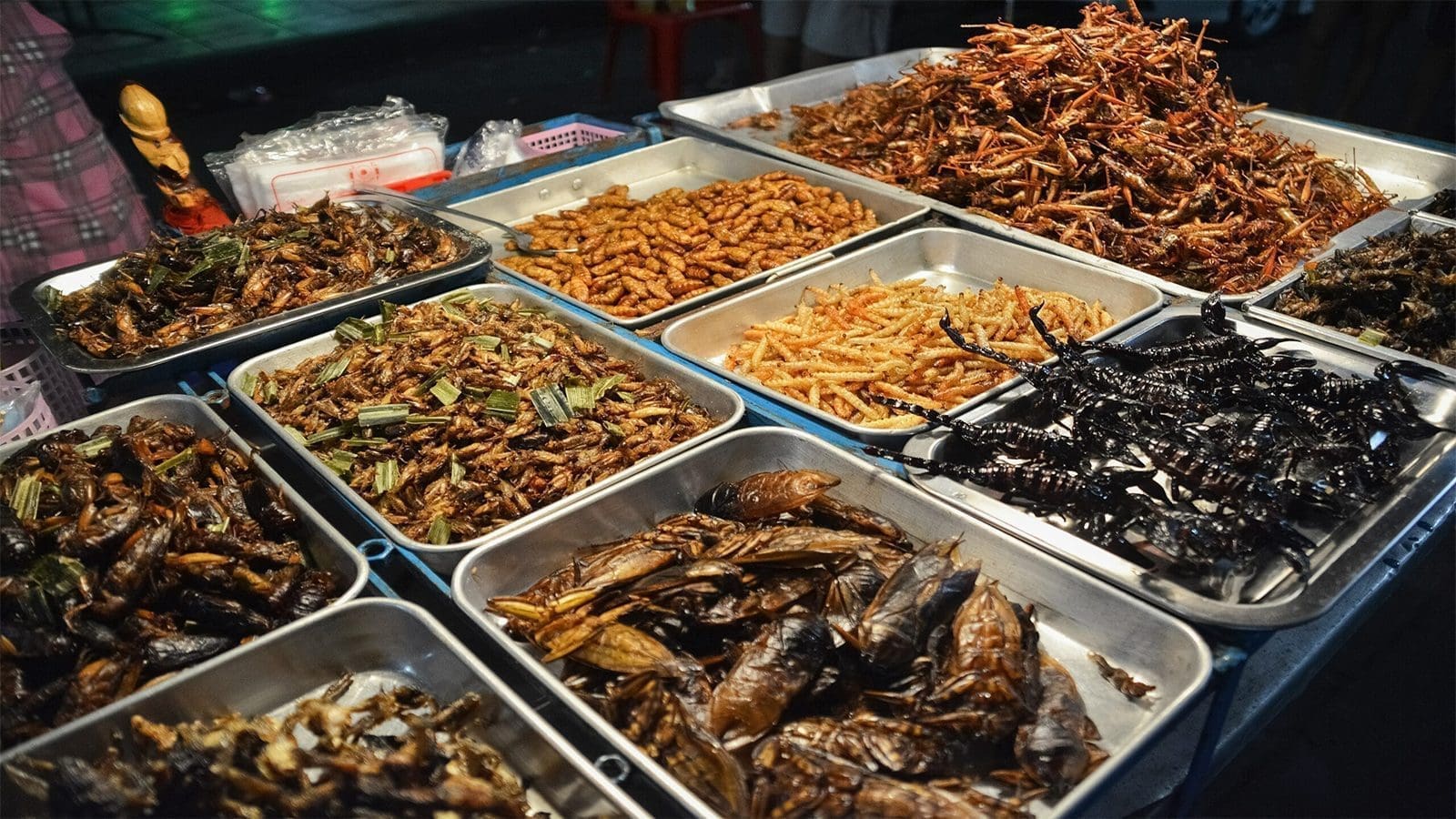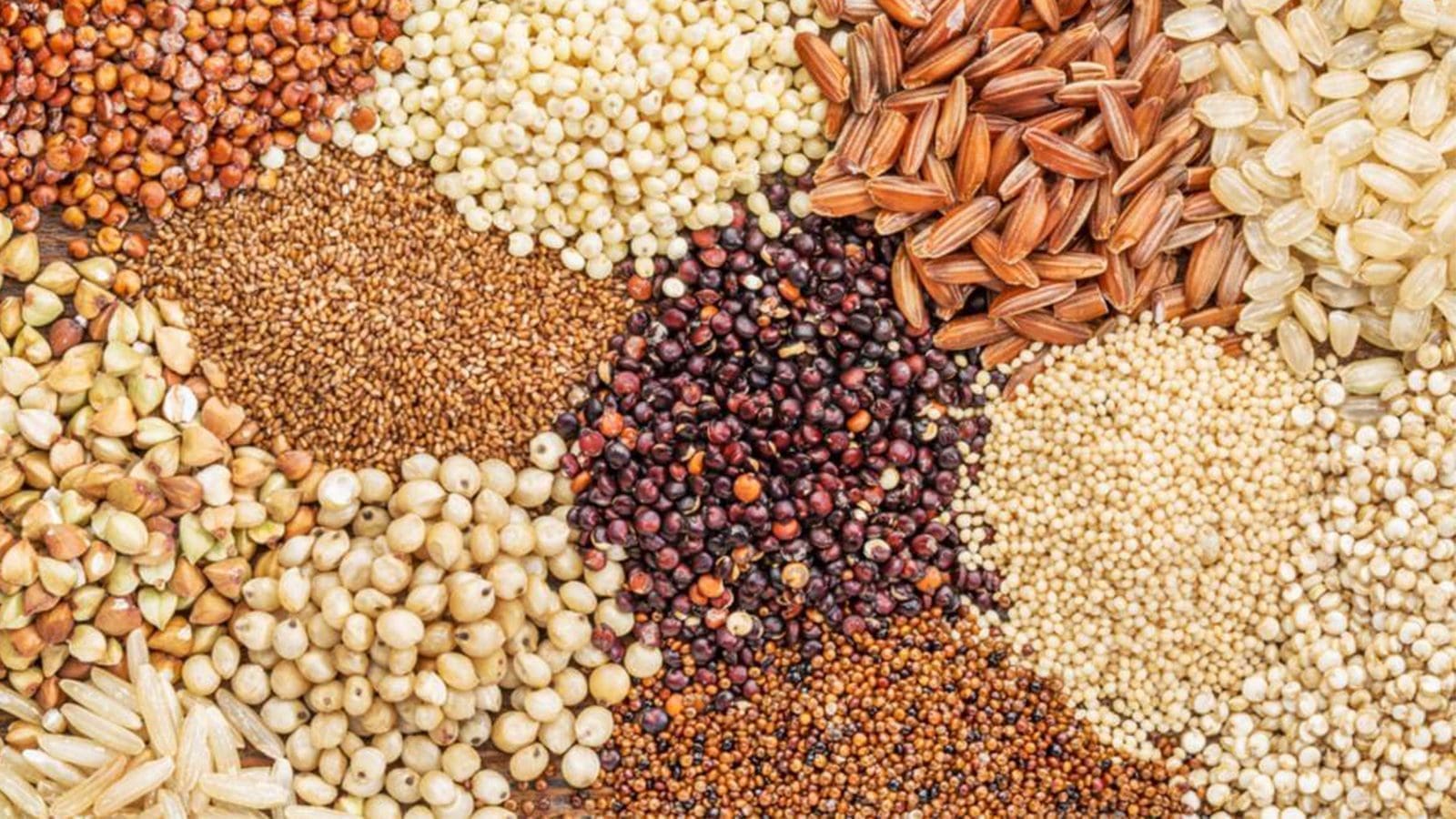KENYA – The Kenya Bureau of Standards (KEBS) has handed a clean bill of health to the recently recalled brand of instant noodles Indomie said to be laden with excess amounts of pesticide residues and aflatoxins.
The regulator has cleared the air saying that the products in Kenya are in no way linked to the ones recalled in Egypt. Bernard Njiraini, the KEBS Managing Director clarified that the noodles consumed locally were not imported but manufactured locally.
“We did not import any product from Egypt. However, we have a local manufacturer of Indomie instant noodles. The trademark could be a franchise but the company producing this material is sourcing the material from locals while importing some of the ingredients,” he added.
Indomie Egypt had pulled some of its products from Egyptian markets following an order from the Egyptian National Food Safety Authority (NFSA) which labelled Indomie’s chicken and vegetable flavored instant noodles, as well as instant noodles with chili packs as unsafe for human consumption.
The Common Market for East and Southern Africa (COMESA) Competition Commission (CCA) then raised an alarm that similar products had been imported and marketed in the other Member States of the Common Market for Eastern and Southern Africa which includes Kenya.
This led to the Rwanda Food and Drug Authority banning imports of Kenyan-made chicken flavoured Indomie brand.
The acting head of testing at KEBS Tom Oduor revealed that they have received 94 samples and that tests requests are on for pesticide residues and aflatoxins.
“We have received 94 instant noodles samples from our market surveillance teams, and at the moment the tests requests are on two, that is the pesticide residues and aflatoxins,” he stated.
Oduor however pointed out that tests for pesticides could take time owing to the lengthy preparation process needed for just one sample and the number of pesticides being tested.
“For pesticides, the tests will take slightly longer because we’re taking about 4 hours to get one sample ready. And when we talk of pesticide residues, we’re not talking of one, it is a very big population of around 80 pesticides being done in one sample,” Oduor stated.
Njiraini however reiterated that preliminary tests done showed no noxious substances that could harm consumers of the noodles. He assured the amounts of aflatoxins in the samples were negligible and of no harm to the consumers of the product.
Aflatoxins and Pesticides
Cereal grains contaminated with aflatoxins represent a public health problem due to the high toxicity of these substances and also because they remain partially stable during the industrial processes when manufacturing derived products.
Aflatoxins result from moulding on grain caused by poor storage of foodstuffs in warm and humid conditions, and to a lesser extent, planting of affected seeds.
It is a type of mycotoxin produced by Aspergillus species of fungi, such as A. flavus and A. parasiticus. The umbrella term aflatoxin refers to four different types of mycotoxins produced, which are B1, B2, G1, and G2.
Aflatoxin B1, the most toxic, is a potent carcinogen and has been directly correlated to adverse health effects, such as liver cancer in many animal species.
Aflatoxins remain the most pervasive food safety challenge facing Africa today.
On the pesticide issue, the World Health Organization (WHO) records that there are more than 1000 pesticides used around the world to ensure food is not damaged or destroyed by pests. Each pesticide has different properties and toxicological effects.
According to WHO, none of the pesticides that are authorized for use on food in international trade today are genotoxic, i.e., damaging to DNA, which can cause mutations or cancer.
Adverse effects from these pesticides occur only above a certain safe level of exposure. When people come into contact with large quantities of pesticide, this may cause acute poisoning or long-term health effects, including cancer and adverse effects on reproduction.
WHO, in collaboration with FAO, is responsible for assessing the risks to humans of pesticides – both through direct exposure, and through residues in food – and for recommending adequate protections.
Liked this article? Subscribe to Food Safety Africa News, our regular email newsletters with the latest news insights from Africa and the World’s food safety, quality and compliance. SUBSCRIBE HERE








